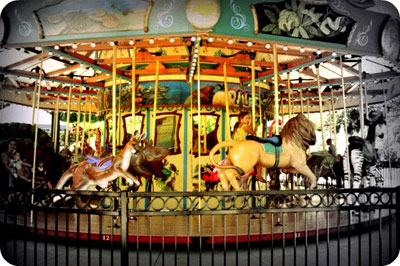All Nonfiction
- Bullying
- Books
- Academic
- Author Interviews
- Celebrity interviews
- College Articles
- College Essays
- Educator of the Year
- Heroes
- Interviews
- Memoir
- Personal Experience
- Sports
- Travel & Culture
All Opinions
- Bullying
- Current Events / Politics
- Discrimination
- Drugs / Alcohol / Smoking
- Entertainment / Celebrities
- Environment
- Love / Relationships
- Movies / Music / TV
- Pop Culture / Trends
- School / College
- Social Issues / Civics
- Spirituality / Religion
- Sports / Hobbies
All Hot Topics
- Bullying
- Community Service
- Environment
- Health
- Letters to the Editor
- Pride & Prejudice
- What Matters
- Back
Summer Guide
- Program Links
- Program Reviews
- Back
College Guide
- College Links
- College Reviews
- College Essays
- College Articles
- Back
The Great Gatsby
Gatsby is the self-made man of the American dream. He’s both tragic and great. At its core, the novel is really about him. Nick Carraway admires Gatsby’s unique sense of hope, but he also recognizes the tragic nature of reality falling short of dreams. At the beginning of the novel, Gatsby is a mysterious and elusive figure and by the end he is human; he can’t escape sorrow and tragedy in spite of–or due to–his lofty ideals. Nick ultimately realizes that Gatsby possesses a rare capacity for hope and wonder that he admires greatly, but that life will always disappoint.
The novel is titled The Great Gatsby because Gatsby is great, yet tragic. Nick states at the beginning of the novel that “there was something gorgeous about him” (2); he possessed “a romantic readiness such as I have never found in any other person and which it is not likely I shall ever find again” (2). Gatsby’s most distinctive quality is the romantic, hopeful way in which he sees the world and his ability to succeed in it. It is an almost child-like sense of optimism and dignity for oneself; some people lose this quality to a cynical, bitter regard of life when they grow up. Sometimes Gatsby’s eternal hopefulness concerns Nick, especially in regard to Daisy, but ultimately–or in retrospect–he praises it, in part because he realizes it is so rare. Nick does regard Gatsby as great, which accounts for sincere praise in the title, but his praise is accompanied by a twinge of irony inspired by the absurdity of Gatsby’s “extraordinary gift for hope” (2). Gatsby is “great” because his hope is great, and his tragedy is great.
Gatsby’s quest for the American dream reveals that Fitzgerald aims to both celebrate and attack it. At the end of the novel, Nick looks out at Gatsby’s house and thinks to himself, “For a transitory enchanted moment man must have held his breath in the presence of this continent, compelled into an aesthetic contemplation he neither understood nor desired, face to face for the last time in history with something commensurate to his capacity for wonder” (180). And Gatsby lived in an eternal moment like that one. The tragedy is that life doesn’t live up to romantic expectations; the tragedy is that of finding oneself face to face for the last time with something commensurate to one’s capacity for wonder and realizing that everything from now on will be a disappointment. Is the American dream attainable? Perhaps, but the victory of chasing and achieving a myth is an empty one.
Nick has great affection and praise for Gatsby, but he also acknowledges a sadness that surrounds him. He believes that “Gatsby turned out alright at the end, [but] foul dust floated in the wake of his dreams” (2), which makes Nick dubious of “the abortive sorrows and short-winded elations of men” (2), or the value of life’s trials and tribulations. Nick believes that Gatsby himself will be alright; the tragedy lies in the inability of romantic dreams to be realized–but it is difficult to separate Gatsby himself from the romantic, dreamy ideal he embodies. He’ll always continue striving: beating on, “against the current, borne back ceaselessly into the past” (180).
Gatsby’s character is revealed through Nick’s impressionable narration. He perceives Gatsby as highly admirable, in possession of a rare, undying optimism that is his greatest quality yet his greatest tragedy. Through Gatsby, Fitzgerald celebrates and attacks the American dream, an idea that belongs to those with a rare, abiding hope and that results in ultimate disappointment: Gatsby can never see the green light again, and besides, dreams are fragile. Nothing gold can stay.

Similar Articles
JOIN THE DISCUSSION
This article has 0 comments.

An essay I wrote for my AP English class as a junior in high school on how the great American novel got its title.